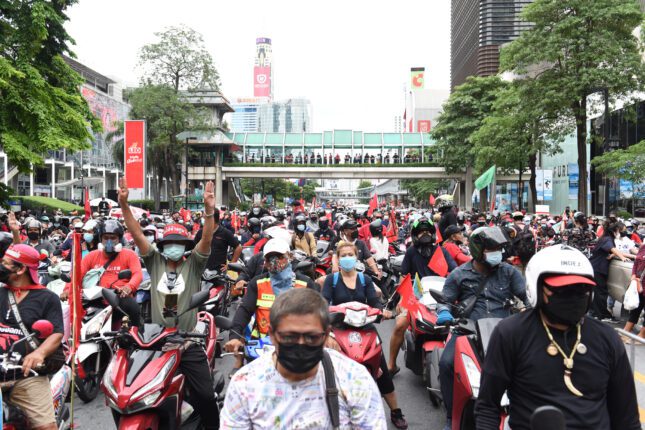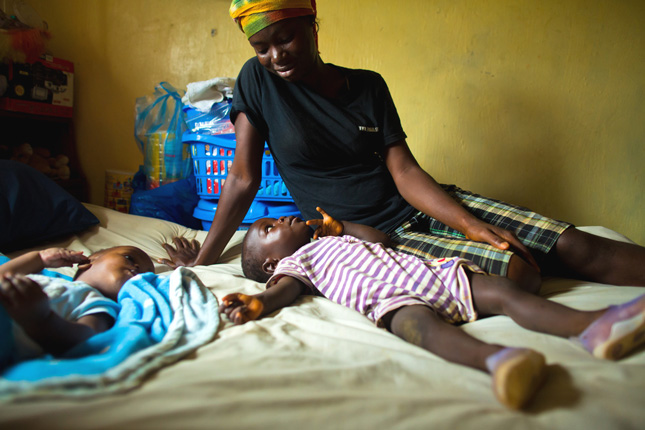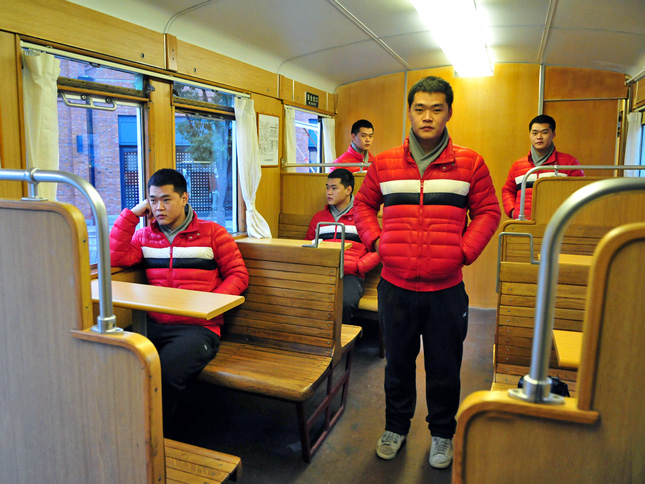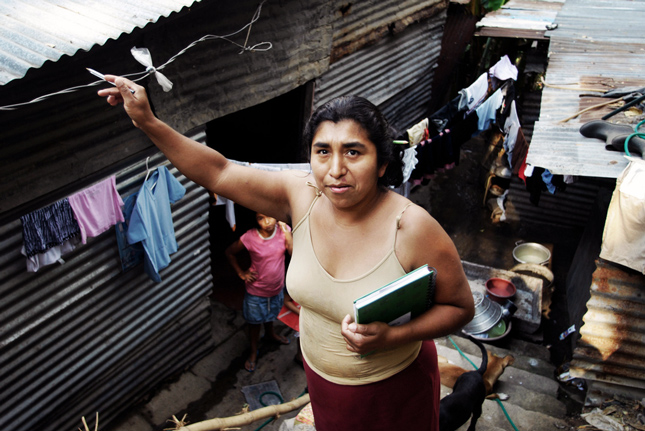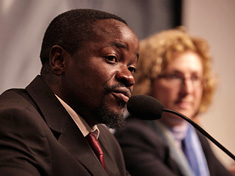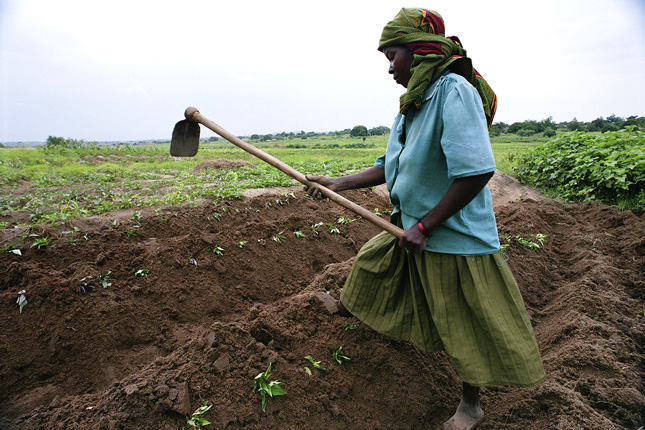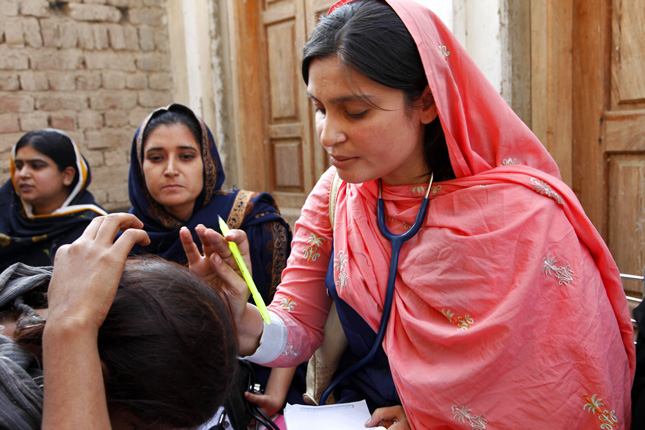-
What Can Demography Tell Us About the Advent of Democracy?
›April 28, 2014 // By Elizabeth Leahy MadsenDemocracy is fickle. Many of the competing theories on the best ways to foment and consolidate plural, inclusive governance or predict its rise and fall focus on political and economic forces. Yet a small group of demographers have explored population age structure as a catalyst for and reflection of a host of changes in societies that can affect governance. -
Solidarity and Stigma: The Challenge of Improving Maternal Health for Women Living With HIV
›
Despite the fact that with proper interventions, the likelihood of mother-to-child transmission of HIV is less than five percent, expectant mothers with HIV or AIDS often face intense stigma and marginalization from health care providers around the world. As a result, in some areas, the mortality rate for mothers with HIV is seven to eight times greater than the rate for non-infected women, said Dr. Isabella Danel of the U.S. Centers for Disease Control. [Video Below]
-
Violent Straw Men? Sex Ratios, Conflict, and a Methodological Disconnect
›
The emerging subfield of “security demographics” is interested in how demographic trends, such as youth bulges, high or low fertility rates, and sex ratios affect the security and stability of nation-states and regions. In our research, Andrea Den Boer and I have attempted to show that abnormally high sex ratios – situations where there are significantly more men than women – have been a security concern in the past and may affect security and stability in the future.
-
Earth Day 2014: Women at the Center of Sustainable Cities
›April 22, 2014 // By Roger-Mark De Souza
When I first came on board the Wilson Center last Earth Day, I wrote that I wanted to forge new paths and identify ways that reproductive health, environmental conservation, and women’s empowerment affect our lives today and in the future.
-
Alfred Omenya: Gender-Based Violence Must Be Made More Visible
›
Reducing gender-based violence requires turning our attention to what we normally do not see, says Alfred Omenya of Eco-Build Africa. In this week’s podcast, Omenya, who collaborated on a four-year study investigating all types of violence in four cities around the world, explains how certain forms of gender-based violence are “invisible” in conventional research and policy.
-
Lisa Palmer, Slate
Famine Is a Feminist Issue
›April 17, 2014 // By Wilson Center Staff
In 2013 the United Nations Population Division revised its population projections to show that population could grow even faster than previously anticipated, especially in Africa. Planning ahead for feeding a hot, hungry, teeming planet is both a numbers game and social venture. Calories, climate change, and acres of land are some of the factors on one side of the equation. The 7 billion people in the world, projected to grow to 9.6 billion by 2050, are on the other.
-
Forests on Film: New Stories From Nepal and the Congo Basin
›Given growing awareness about environmental change and how it affects human life, it is perhaps not surprising there is also a growing audience for environmental filmmaking. At the 2014 Environmental Film Festival in the Nation’s Capital on March 25, the Wilson Center premiered ECSP’s latest documentary, Scaling the Mountain: Protecting Forests for Families in Nepal. Together with Heart of Iron, a recent film on mining in the Congo Basin, the event took viewers into some of the world’s most remote forests to see how their inhabitants are adapting to rapid changes in the natural resources on which they depend.
-
Kaja Jurczynska, All Access
In Pakistan, More Questions Than Answers When It Comes to Family Planning
›April 9, 2014 // By Wilson Center Staff
Imagine you’re a woman living in Pakistan who would like to decide if and when to have children. You’re going to school, or you’ve got a job, or you’ve had a child and simply want some space before your next pregnancy. How easy will it be for you to get your needs met?
Showing posts from category gender.


